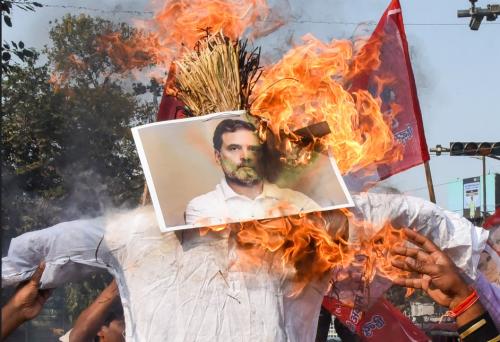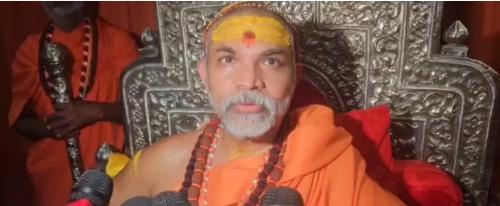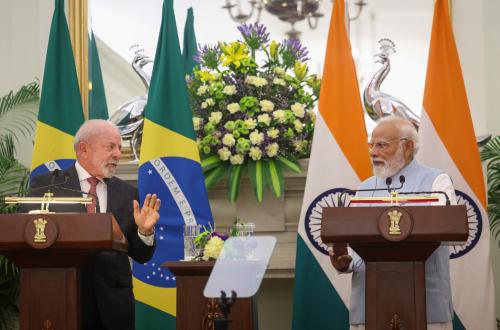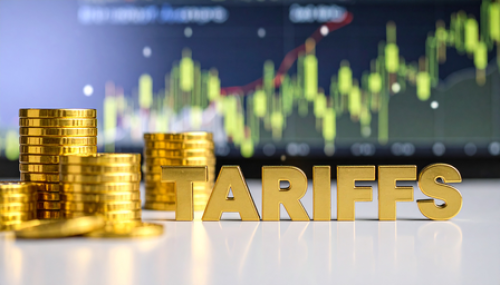Srinagar, Aug 13 (IANS) Politics in Jammu and Kashmir since the country’s independence in 1947 had never undergone a metamorphosis of the kind it did after the abrogation of article 370 by the Parliament on August 5, 2019.
In their political discourse, politicians in J&K used to speak of different issues, some promised government jobs, some promised corruption free administration, some promised subsidies while others made lofty promises of leading the state into an era of prosperity and development.
All political parties in the erstwhile state of J&K promised everything except making the promise of heaven in the World hereafter.
Taking advantage of the failure of local mainstream and national political parties to bring in the promised ‘Utopia’ in J&K, separatists started gaining currency by exploiting the political and administrative inabilities of the Pro-India parties.
The separatist had their single-dose panacea for Kashmiris, an outright breakaway from India and subsequent decision to remain independent or merge with Pakistan.
For people frustrated by the failure of Pro-India politicians and given their regal lifestyles made possible only by rampant corruption, the grass appeared greener on the other side of the fence to the common citizen.
Convincing the youth that politics had failed in Kashmir, separatists did not have to work very hard to lure them to take up weapons.
Bruised by defeats of three aggression launched directly by Pakistan in J&K in 1947, 1965 and 1971, giving arms to local youth to fight the security forces of India came as the cheapest and internationally sustainable option to Pakistan.
After armed violence took over the centre stage in Kashmir, all national and local mainstream politicians of J&K scurried for cover.
Most of them left the Valley to live in Jammu or those who continued to live in the Valley did so under heavy security cover. Militants started killing Pro-India politicians and political workers and this made just one kind of politics possible in Kashmir -- anti-India.
Before the abrogation of article 370 in 2019, the Pro-India political parties singly or in alliances with the centrist parties might have reigned in Kashmir, but the right to rule remained with the separatist politicians.
Appointments, transfers, allotments of development works, regularisation of lands usurped from fleeing Kashmiri Pandit community, was made possible because a word from the separatist leaders could work magic up the administrative ladder in Kashmir.
The administration was crippled as law and order deteriorated with one public outburst orchestrated by the separatists leading to the other.
The killing of militancy poster boy, Burhan Wani by the security forces in 2016, The alleged rape and murder of Asiya and Nilofar in Shopian district in 2009, and the alleged allotment of forest land to Amarnath Shrine Board in 2008 were successfully converted by the separatists into full fledged public frenzy and agitation that resulted in the deaths of dozens of youth at the hands of the security forces.
Things did not just change, but everything took a 180 degree turn in J&K after article 370 was removed.
Public agitations, youth pelting stones, markets, schools, colleges and offices remaining closed for months at the protest calls given by the separatists ended as if these had never happened.
Tourists started coming here in thousands, the local economy improved, the culture of absentee government service ended as biometric attendance and other checks and balances ensured that one earned what one got paid for as salary.
Before 2019, many government servants under the garb of working for the separatists never attended offices.
Politicians in J&K had to change their chorus completely if they wanted to remain relevant. Separatism and semi-separatism in the name of self-rule, internal autonomy, etc., became irrelevant overnight.
If you chose to remain in politics, you had to change your priorities. Promising bridges where there were no rivers and promising cars in places without roads would not work now.
Thus, the only course of action open to politicians in J&K was to revolve around Article 370.
Parties like the BJP wore the medallion of having integrated J&K completely with the rest of the country while traditional mainstream parties like the National Conference (NC), the Peoples Democratic Party (PDP), Awami National Conference (ANC) and the Peoples Conference (PC) led by Sajad Gani Lone started raising slogans for restoration of article 370.
A new political party called the J&K Apni Party (J&K AP) formed by former minister, Syed Altaf Bukhari and the Democratic Progressive Azad Party (DPAP) created by former senior Congress leader, Ghulam Nabi Azad, also started making restoration of article 370 their main political slogan.
There is just a single dividing political line in J&K now, a political party is either supporting the abrogation of article 370 or opposing it. There are no middle courses available to anyone.
The only difference is that in their drawing room conversations the local mainstream political parties blame each other for paving way for the abrogation of article 370.
The NC blamed the PDP for bringing in BJP into the state by forming a ruling alliance with it and the PDP blaming the NC for joining hands with the BJP when Omar Abdullah was the deputy foreign minister in Atal Bihari Vajpayee led central government.
The constitutional issue of whether Article 370 could be abrogated by Parliament or not is being heard by the constitutional bench of the Supreme Court.
Local mainstream political parties have engaged lawyers to plead their case for restoration of the article while the Centre is fighting for the abrogation to be upheld by the Supreme Court.
Whether the BJP fully benefits from the abrogation of Article 370 during the next Lok Sabha or Assembly elections will have to be watched, but one thing can be said without any fear of rebuttal is that J&K politics is right now focused around just one thing, you either support the abrogation of 370 or oppose it.












